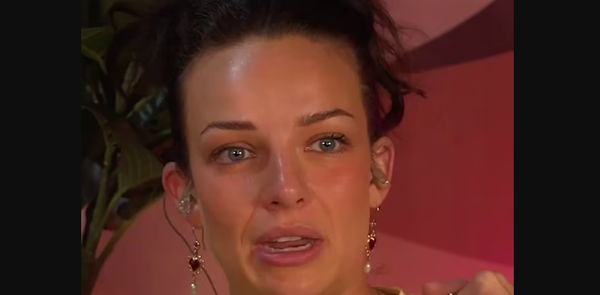Abbie Chatfield, known for her appearances on The Bachelor, recently sparked a conversation about the use of the term ‘females.’ On her It’s A Lot podcast, the 28-year-old reality star expressed her views on why the term can be offensive and exclusionary.

Abbie compared the use of ‘females’ to a slur, equating it to derogatory words like ‘b**tch’ and explaining its inherently sexist connotations. She also raised concerns about the term being transphobic, as it categorizes individuals solely based on their gender identity. Instead, Abbie advocated for using the word ‘women’ to foster open debate and discussion about gender identity.
Abbie’s remarks have initiated a broader conversation about gendered language and how it affects marginalized communities. Many have commended her for bringing attention to this overlooked issue and for promoting greater sensitivity and awareness in language use.
However, there are differing opinions on this matter. Some argue that ‘females’ is a neutral and descriptive term without any negative implications. Others believe that the context and intent in which the term is used are crucial in determining its offensiveness.
Regardless of individual viewpoints, Abbie’s words encourage us to reflect on the importance of inclusive language and to consider how our words may impact others. In a society striving for equality and acceptance, language plays a powerful role in shaping perceptions and attitudes towards gender and identity.
As discussions around gender and language progress, Abbie’s message serves as a reminder of the ongoing work needed to create a more inclusive and respectful society for all individuals, regardless of their gender identity or expression. Through thoughtful and respectful dialogue, we can strive to build a world where everyone feels valued and respected for who they truly are.






